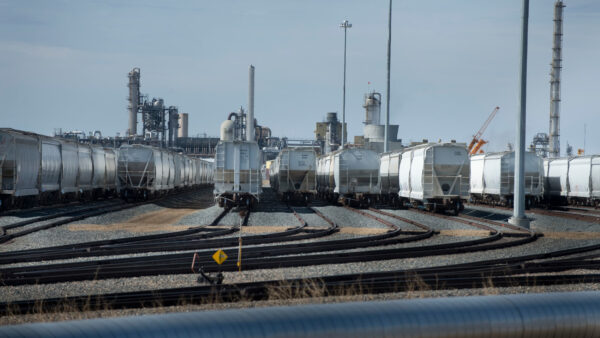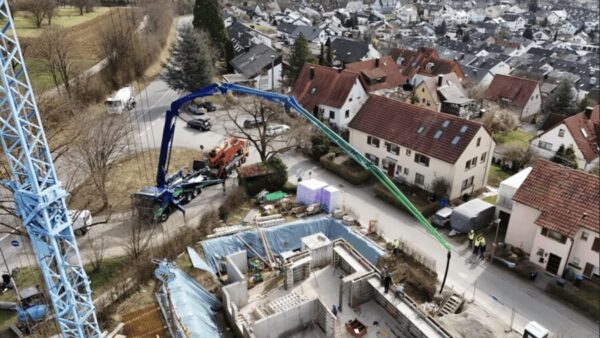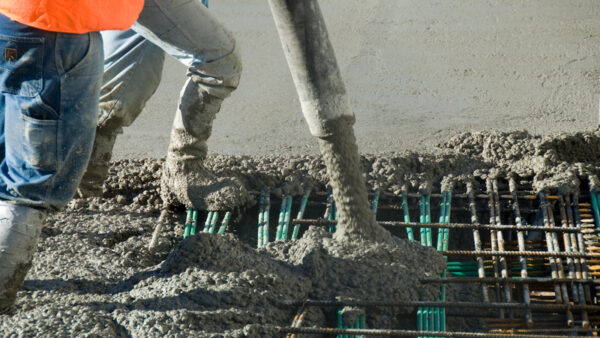US President Donald Trump is reported to have dropped plans to fund the bulk of his $1 trillion infrastructure package using public-private partnerships (PPPs) on the grounds that they “don’t work”.
His idea had been to attract private sector cash for a long shopping list of schemes, but Democrat lawmakers say he dismissed private finance out of hand during a meeting at the White House this week.
According to the Washington Post, the president told a delegation from the House ways and means committee on 26 September that the PPP route was off the table. A White House official later confirmed to the Post that the administration had doubts about PPPs. The meeting had been called to discuss changes to the US tax code.
Democrat Representative Brian Higgins said he asked Trump about private funding for infrastructure and that Trump “dismissed it categorically and said it doesn’t work”.
A White House official later told the paper that the administration had decided PPPs were not a “silver bullet for all of our nation’s infrastructure problems”.
According to Higgins, Trump said the administration would seek to pay for infrastructure through federal spending, either with new tax revenue or borrowing. Such a move would run counter to the president’s other plan to cut taxes by rewriting the tax code, and would be likely to reduce the size the programme well below the $1 trillion mark.
Revamping America’s infrastructure was a key plank of Trump’s election campaign. The American Society of Civil Engineers (ASCE) has warned that the US will lose 2.5 million jobs and $3.9 trillion in GDP over the next 10 years unless it spends a further $1.4 trillion to improve transport, power and water infrastructure.
In its report ASCE lays out the economic and social costs that Americans will have to pay unless they remedy the country’s under-investment in infrastructure.
The society argues that the failure both to maintain existing assets and to build new ones will cost American households an average of $3,400 a year between 2016 and 2025.
The study assesses the funding gaps in each category over the next 10 years as follows:
- Surface transportation: $1.1 trillion
- Electricity: $177bn
- Waste and wastewater: $105bn
- Airports: $42bn
- Inland waterways and ports: $15bn
- Total: $1.44 trillion
Trump’s plans have been hit by legislative chaos caused by repeated attempts to repeal or replace the Affordable Care Act, while a controversial plan to rewrite the tax code has absorbed much time in Congress.
Image: A pedestrian bridge collapsed onto a highway in Detroit in 2014 (YouTube)
Further reading
Comments
Comments are closed.











Infrastructure is the very backbone of the economy of all developed Nations! Once the infrastructure is left to deteriorate economic development will decline leading to job losses and impoverishment! In addition, once improved , opportunities for Industrial growth and foreign investment become viable! Out of progress comes employment out of employment comes economic stability and steady growth of the nation! Those who impede such a process cannot be tolerated for very long!!
Good for him, PPP/PFI/P3 whatever else you want to call it – is just about the poorest value way to procure infrastructure. All it does to take what ought to be govt debt and wash it through private companies, for which the private companies command huge premiums.